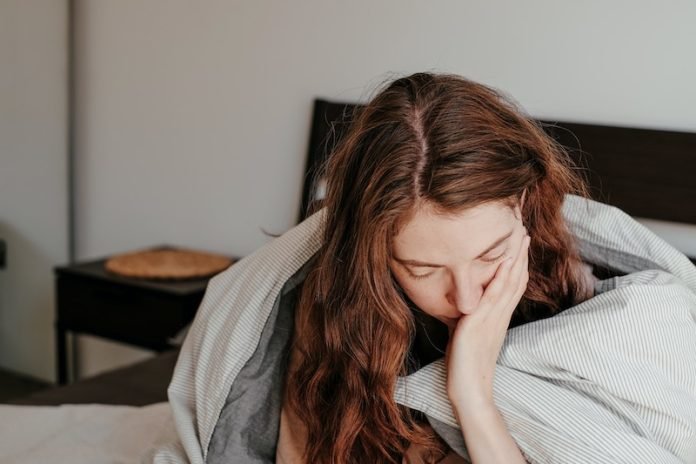
The New Trend: Probiotics and Mental Health
Recently, the term “microbiome” has caught a lot of attention in the world of wellness. You can hardly scroll through any health-related websites without running into articles on probiotics.
As a team of scientists, we usually discuss our findings in academic journals. However, given the widespread interest, we decided to share our latest research and a critical health warning.
The Study and Its Impact
We are a team of psychiatrists and neuroscientists at Basel University Hospital of Psychiatry in Switzerland.
We recently carried out pioneering research on the use of probiotics in treating major depressive disorder (MDD).
The work was led by Dr. André Schmidt, a psychiatrist, and Professor Claudio De Simone, a gastroenterologist who developed the probiotic formulation used in the study.
Our trial involved adding a probiotic formulation to the treatment of people with clinical depression. The goal was to enhance their gut microbiota, aiming to reduce depressive symptoms.
We have detailed our findings in the article “Effects of a probiotic add-on treatment on fronto-limbic brain structure, function, and perfusion in depression: Secondary neuroimaging and findings of a randomized controlled trial.”
How We Conducted the Research
All study participants were on antidepressants. We gave half of them a probiotic supplement, and the other half received a placebo.
None of the participants or the study staff knew who was getting probiotics or placebo. We measured depressive symptoms using the 17-item Hamilton Depression Rating Scale (HAM-D).
We carried out clinical and MRI assessments before and after the four-week intervention. We also followed up with clinical data four weeks after the intervention ended.
The Results
What did we find? The participants who took the probiotics showed signs of preserved structural integrity in their brains and fewer signs of neurodegeneration.
Additionally, the probiotics altered the functioning of fronto-limbic brain regions, an area linked to depression. Some of the imaging findings were accompanied by improvement in depressive symptoms.
We believe this suggests that probiotics may protect against neuronal degeneration and alter fronto-limbic functioning, resulting in the alleviation of depressive symptoms.
How Did the Probiotics Work?
Professor De Simone, the creator of the probiotic formulation we used, explains that the benefits are not solely due to the specific bacterial strains in the product.
The unique biochemical and immunological enzymatic profile resulting from the formulation’s method of production and blending also played a part.
He adds that the results obtained with a specific probiotic formulation can’t be generalized to other products, even if they contain genetically identical strains.
Different proprietary production methods make a difference. Therefore, using a probiotic without first matching it to the condition might not yield the desired results and could even harm vulnerable patients.
Probiotic Safety Recommendations
The International Scientific Association for Probiotics and Prebiotics (ISAPP), based in the U.S., recently released their recommendations for using probiotics in clinical management.
Their article “Emerging issues in probiotic safety: 2023 perspectives,” in the Journal of Gut Microbes, stresses that while probiotics are generally safe for healthy people, they can occasionally cause adverse events in vulnerable groups.
What’s Next?
While our study results are promising, more research is needed. Dr. Schmidt believes an additional follow-up MRI session could help reveal clearer changes in relevant brain regions.
We, the Basel team, recognize that mental health is a crucial aspect of overall health and well-being.
We are committed to researching more into this crucial area and offering healing pathways. After all, mental conditions are common, and they are treatable.
If you care about depression, please read studies about how dairy foods may influence depression risk, and B vitamins could help prevent depression and anxiety.
For more information about health, please see recent studies that ultra-processed foods may make you feel depressed, and extra-virgin olive oil could reduce depression symptoms.
The study was published in the Journal of Affective Disorders.
Copyright © 2023 Knowridge Science Report. All rights reserved.



